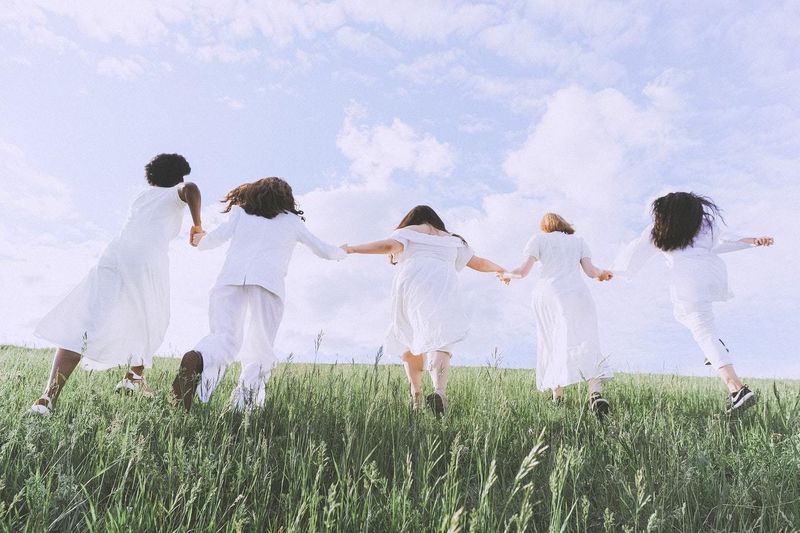Jun 20, 2022
Changing Faces of Japan
Coming from a country with an official multicultural policy, I feel a little spoiled. My native Canada with a law on its books recognizing the multi-cultural, multilingual population trained me to be at ease with whatever culture I met.

Photo, Anna Schvets
When I was a second-generation kid growing up with parents from two different cultures in Canada, I was in a rich environment with schoolmates who were recent immigrants or children of immigrants like me. For me, encountering other cultures, traditions, attitudes, and languages was routine.
I surfed between my mother’s and father’s cultures and the expectations they brought with them while immersed in Canadian culture. One complication is that my mother’s family was part of a diaspora that led to family members being spread across continents and languages. Family reunions celebrate our shared traditions and introduce traditions from the cultures we are immersed in. And challenging, too, as we coped with language barriers.
Code-Switching
In my first week of work in Japan, assigned to a board of education through the JET Program, my supervisor came to my desk with the department head. They were animatedly planning my introduction to the schools, with my supervisor making asides to me in English, summarizing, and asking me questions. We settled on the logistics and thanked the department head.
My supervisor then turned to me and earnestly apologized in English, saying she was sorry they were talking over my head using a language in which I was not yet conversant. But really, it was no shock to me because I was used to my multicultural family members negotiating family affairs in multiple languages, some I only understand but don’t use, and others I don’t understand at all. And of course, as English language learners, my family members were on a continuum of English fluency from only basic communication to near-native level.
Perceptions of Membership
This month an article by an academic, who is a member of a multi-ethnic family, really struck me. His bicultural, bilingual son found himself in a situation that many Japan-raised kids experience - a Japanese counterpart who makes assumptions about the person they’re facing based solely on appearance. You can’t blame the postie who persevered in English with this young person, as the postie did his best when confronted with someone he perceives to be non-Japanese.
Identities
For Japanese of mixed ethnicity, this is a huge issue. You can read and watch on social media so many people of mixed cultural and ethnic identities. Culture and ethnicity intersect and diverge, depending on what an individual experiences in their life.
And sometimes there is full-on collision. In my own family, there were conflicts about expectations about how I would be presented - on the one hand long-haired girl of a continental European tradition or a short-haired female stand-in for number one son in a Scots-Irish family.
The Future Faces of Japan
Every year at the school I teach in, our first-year class becomes more diverse. The range is broad - children from multiethnic and multicultural families and from non-Japanese families. Some families use English as a lingua franca at home or a language other than English, and some are multilingual. The children have received their education in Japanese schools since kindergarten, so all are fluent in Japanese and familiar with Japanese culture.
Unlike my students, I’m a late-comer, an outsider, and an adult here in Japan. Japanese people and foreigners, too, tend to see me as a representative of my passport country. Few people ask me about my cultural identity, because they have little experience talking to multicultural people. When my cultures come up in conversation, I get some confused looks.
I worry about my students' futures, as they grow into adult life. Will they or their children meet people like the postie? Will they get confused looks when they bring up their cultures? How will Japan adapt in the face of diversity in families and faces?
An honest and thoughtful perspective on multicultural identity comes from Priyanka Yoshikawa, winner of the Ms. World Japan 2016 pageant and an interpreter. She says we’re all a mixture and bring whole to our experiences of life in Japan and the world.



0 Comments